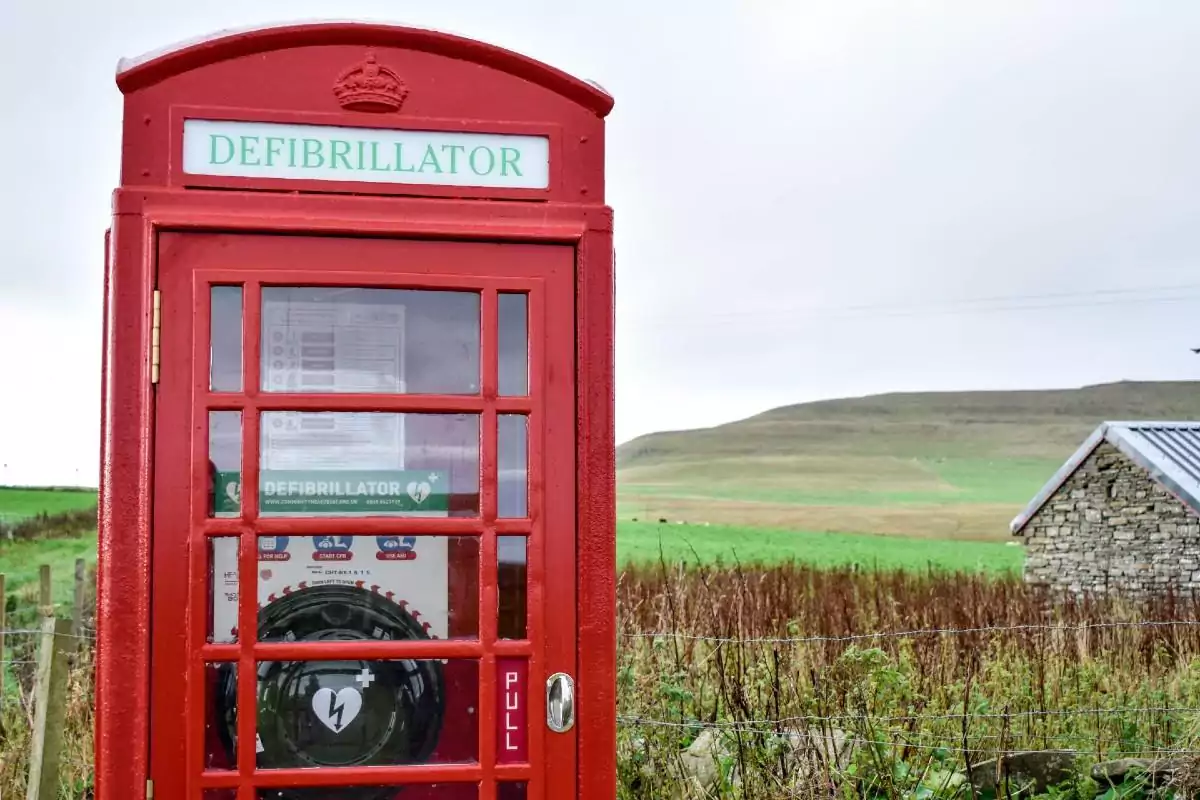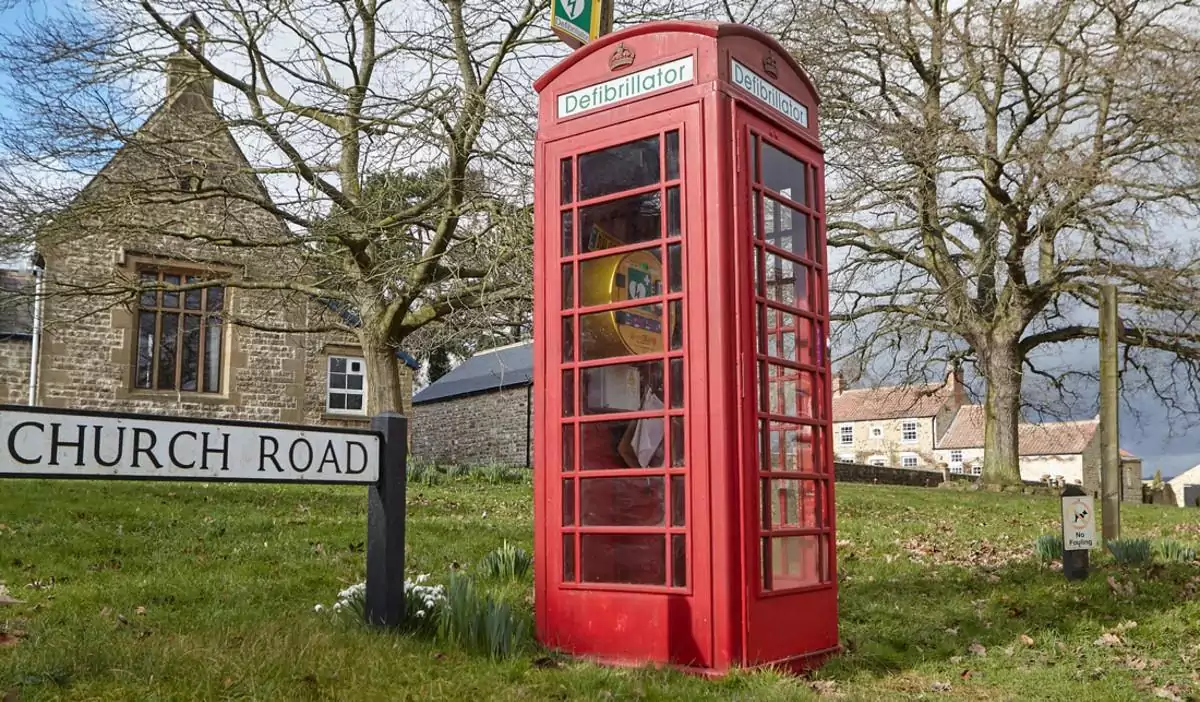BT today revealed that almost 4,000 of its iconic red phone boxes across the UK are still available – as it urges local communities to take advantage of a scheme to help transform them for the 21st Century.
Since 2008, over 6,600 phone boxes have been taken on by communities for just £1 each through BT’s Adopt a Kiosk programme. Redundant phone boxes, once a lifeline of communication before the arrival of mobile phone networks, have been transformed into everything from defibrillator units and mini history museums to art galleries and book exchanges.
BT will also consider adoption requests to house defibrillators in modern glass phone boxes, a potentially life-saving conversion.
James Browne, Head of Street at BT, said:
“With most people now using mobile phones, it’s led to a huge drop in the number of calls made from payphones. At the same time, mobile coverage has improved significantly in recent years due to investment in masts, particularly in rural areas.
“We’re currently rationalising our payphone estate to make it fit for the future, and the ‘Adopt a Kiosk’ scheme makes it possible for local communities across the UK to retain their local phone box, with a refreshed purpose for the community.
“Thousands of communities have already come up with a fantastic array of ideas to re-use their beloved local phone box. Applying is quick and easy and we’re always happy to speak to communities about adopting our phone boxes.”
From Aberdeen to Plymouth, the Community Heartbeat Trust charity is working with BT and local communities to install lifesaving defibrillators in local kiosks.
Martin Fagan, National Secretary for the Community Heartbeat Trust charity, said:
“BT’s phone box kiosks are iconic British structures, and repurposing for this life saving use has given them a new lease of life. To date, we have converted about 800 ourselves, with another 200 in the pipeline.
“Placing the equipment in the heart of a community is important to save on time. Kiosks are historically at the centre of the community, and thus great locations for defibrillators.”
As part of plans to modernise its payphone estate, over 400 payphones across towns and cities have also been upgraded by BT to digital units, called Street Hubs, offering free ultrafast public Wi-Fi, free UK phone calls, USB device charging, environmental monitoring and more.
BT’s Street Hubs also play a vital role in sharing public information, for example during the Covid-19 pandemic, Street Hub units across the country have displayed key advice from Public Health England and local councils.
Street Hubs form part of BT’s plan to transform the UK’s high streets with a digital communications service designed for the 21st Century.
Defibrillator – Orkney Islands, Scotland

A red phone kiosk in the rural Orkney Islands has been transformed into a defibrillator for the local community.
Over the past year, the trust has installed five new community defibrillators across Westray, the locations being the Westray Airfield, Gill Pier Ferry Terminal Waiting Rooms, Westray Parish Kirk, Peter Miller’s Shop and the Rapness Ferry Terminal Waiting Rooms.
The sixth and final defibrillator was installed in the Midbea red telephone kiosk, in Westray’s west side.
The push for the installations came after a series of community first aid training sessions highlighted that there was limited access to defibrillators on the island.
Isobel Thompson, Operations Manager at Westray Development Trust, said:
“The red telephone box on the Westside of Westray was an ideal location to install a public access defibrillator as the telephone box was both memorable and already strategically placed.
Thanks to BT’s ‘Adopt a Kiosk’ scheme we were able to expand our defibrillator network and improve access to life-saving equipment in an emergency for our isolated island community.”



